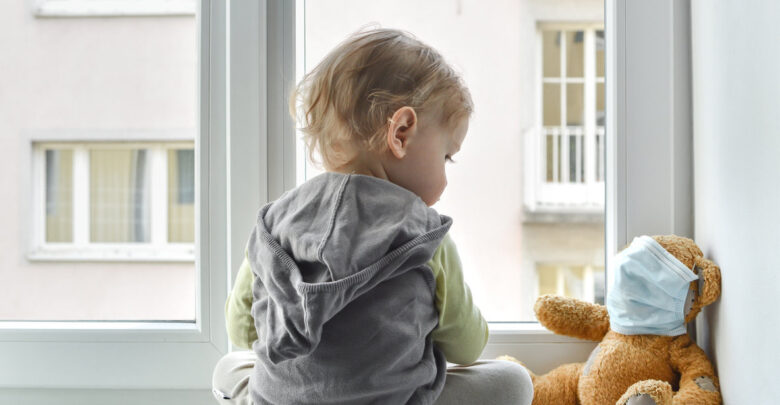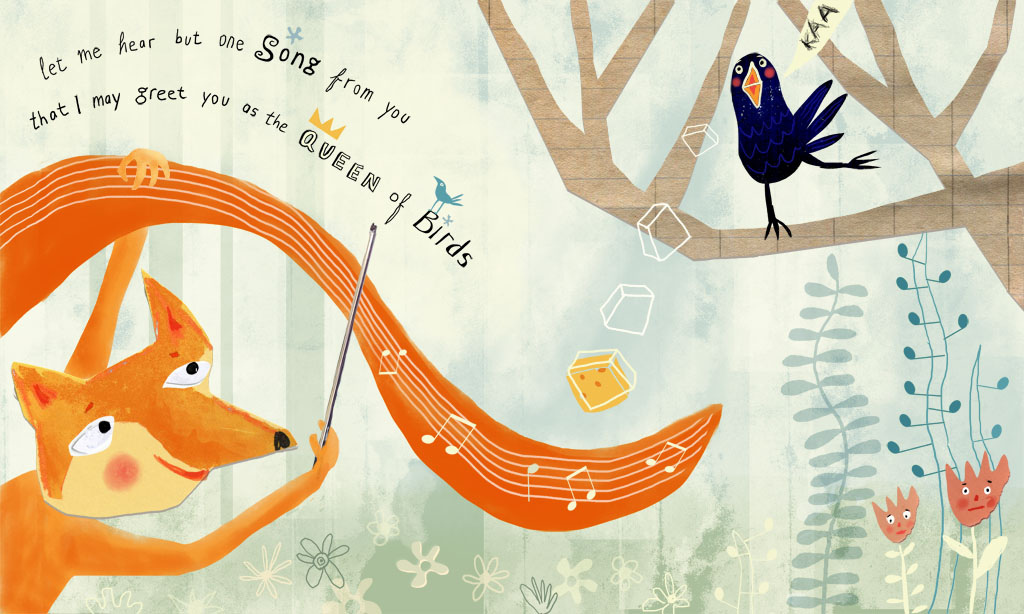
Why Are We So Scared of the Novel Coronavirus?
Larache, Morocco
Fear is crippling, but at the same time, it is an effective tool to revisit things that are wrong in our society, such as acting selfishly and forgetting our values and principles.
It seems like we were all taking life for granted before the novel coronavirus suddenly broke out all over the world, spreading fear. As COVID-19 forced tens of thousands of people to be hospitalized and claimed thousands of lives, some of us have begun to question the meaning of life. Are we scared of the virus? Certainly yes.
From a philosophical perspective, we do not want to confront our own deaths or the deaths of our loved ones. Even though the pandemic is only deadly in a small percentage of cases, it is still scary because it can bring us within a brush of our final destination. Even being hospitalized is a heavy mental and physical burden. The act of dying is unbearable. Therefore, panic is an understandable reaction. But is it the right one?
This is not to dramatize the critical health crisis the world is facing today. Instead, this is a chance for us to ask the hard questions we have been avoiding for years. Many are already asking themselves consciously or subconsciously about the moral lessons the pandemic will teach us before it is over. This is not a coincidence, is it?
Suddenly, people are asking, “Have I lived the life I have always wanted to live?” My guess is the majority of people will respond in the negative if they pluck up enough courage to tell the truth. We have put some dreams on the back burner. We have made different plans for 2020. We have set some goals for this year.
And now we are impatiently waiting for a vaccine to the virus so that we can live to the maximum. Did we expect this? Of course not.
Time to say ‘I Love You’
A second question that may arise with the fear surrounding the coronavirus is: Have we expressed love to our loved ones as we should? It is now time to ask ourselves to what extent we have really cared about our families and thanked them for all the sacrifices they have made for us, particularly our parents.
A third question we may have asked ourselves is: Have we made the necessary changes to become the people we want to be? Whether we admit it or not, the lockdown is a period when we begin to mull over every single detail of our lives, careers, and dreams. We also go on guilt trips and regret not making necessary changes in our habits earlier. The unexpected virus is a reminder that there is no perfect time. Why not now?
This is why it is not surprising many people have said they are determined to bring about many changes as soon as the novel coronavirus disappears. Because of their hectic career and family lives, they have forgotten to truly live. We have all been trapped in this vicious circle, haven’t we?
It is no use reminding ourselves that the death line is inevitable so as not to catastrophize the calamity. We are not scared of the virus itself, but rather we are scared that up until now we may have been missing out on a great deal in life. I strongly believe fear of these mistakes is hurting people today more than the coronavirus. It is also why people are longing for an end to the lockdown as soon as possible to embrace life once again.
A shock to the system
To question our existence, we need an existential crisis or a shock. And here it is. The pandemic is now permeating the globe. Now we are asking, “Why are we here on the planet in the first place?” My answer is to show solidarity and help one another through the hardships of life. Have we done a good job, then?
A fifth question we ask is: Why are we so panicked? Especially since there are more deadly diseases than the feared coronavirus, such as cancer, kidney failure, diabetes, and heart issues. It is likely that the virus reminds us life is transient, and we may be hospitalized at any time even if we are healthy. For another thing, it is the first time everyone has faced the same threat.
The fact that there is no treatment yet for the virus has caused much anxiety. As a result, we are afraid we or our loved ones may be the next victims. Before the outbreak, we used to delude ourselves into thinking that bad things only happen to others. Now the poor, along with the rich, are all in the same boat. This justifies our fear of the coronavirus. Yet, isn’t this feeling exaggerated?
Fear is crippling, but at the same time it is an effective tool to revisit things that are wrong in our society, such as acting selfishly and forgetting our values and principles. American businessman Jim Rohn once brilliantly said we change because of desperation. The virus is here to bend us toward the right path by ravaging some of us.
Times of disaster, as Indian guru Osho puts it, make us aware of reality as it is. As we are now exposed to an unprecedented existential crisis, we must stop to contemplate why we are scared. Is it because of the virus itself? Or is it because it is part of human nature not to want to die or see our loved ones die? I think it is this fear of death that really makes us panic.
Omar Bihmidine

